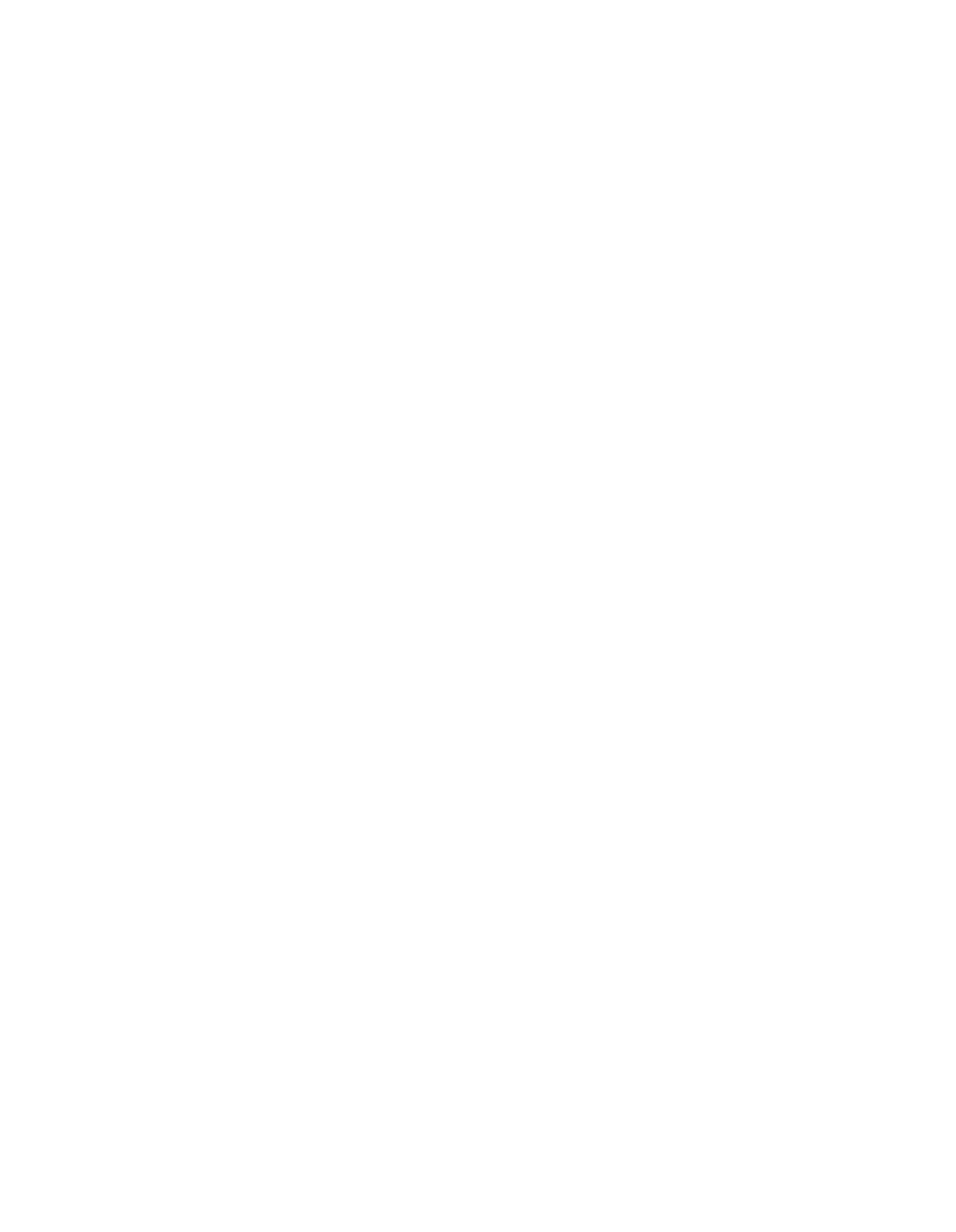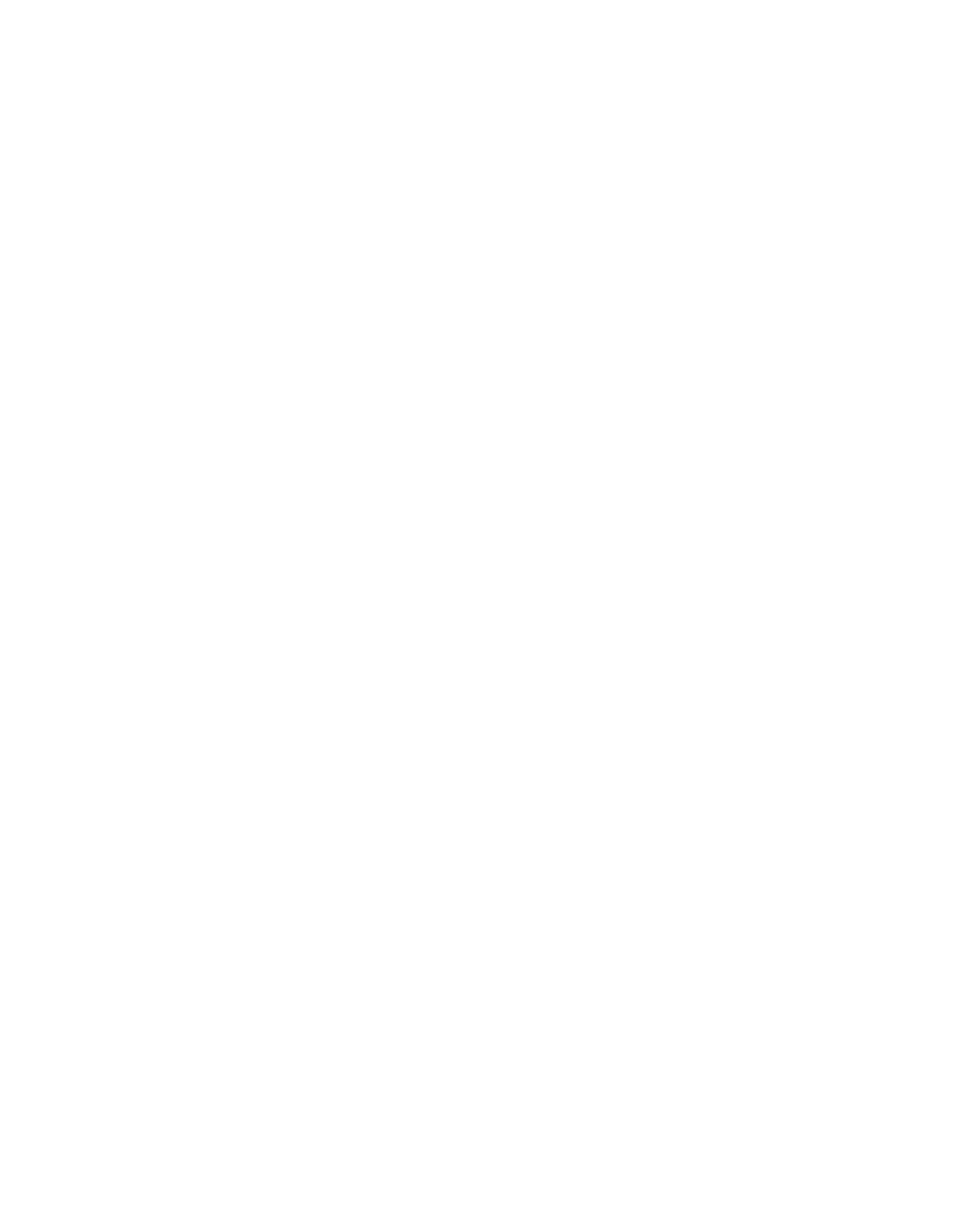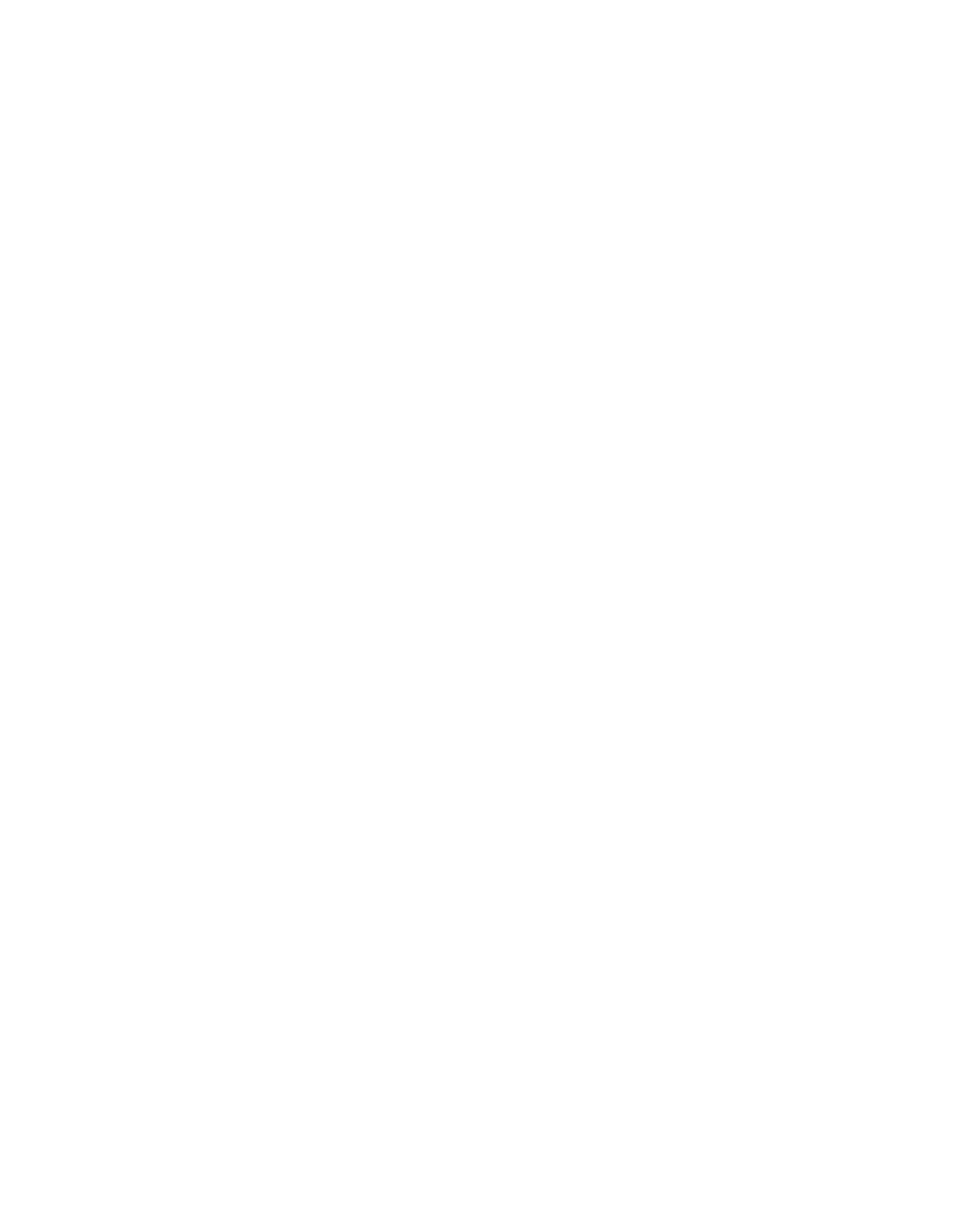APR O~2OO5
STATE OF ILLINOIS
Pollution Control Board
TO:
Dorothy Gunn, Clerk
Illinois Pollution Control Board
James R. Thompson Center
100 W.
Randolph Street, Suite 11-500
Chicago, Illinois 60601
SEE
ATTACHED SERVICE
LIST
Amy Antoniolli
Illinois Pollution Control Board
James R. Thompson Center
100 W. Randolph Street, Suite 11-500
Chicago, Illinois
60601
PLEASE TAKE NOTICE that I have filed with the Office ofthe PollutIon
Control Board the TESTIMONY OF DONALD B.
SUTTON iN SUPPORT OF THE ILLiNOIS
ENVIRONMENTAL PROTECTION AGENCY’S
AND THE
ILLINOIS ENVIRONMENTAL
REGULATORY
GROUP’S PROPOSAL TO AMEND 35
ILL. ADM. 201.146
on behalfof the
Illinois Environmental Protection Agency, a copy ofwhich is herewith served upon you.
Date:
April
1, 2005
1021 North Grand Avenue East
P.O. Box
19276
Spring field, IL 62794-9276
217/782-5544
ILLINOIS ENVIRONMENTAL
PROTECTIONAGENCY
By:
Charles
E. Matoe~h
Assistant Counsel
Division ofLegal Counsel
THIS FILING IS SUBMITTED ON
RECYCLED PAPER
BEFORE THE ILLINOIS POLLUTION CONTROL B~.,
CLERK’S OFACE
IN THE MATTER OF:
PROPOSED AMENDMENTS TO
EXEMPTIONS FROM STATE
PERMITTING REQUIREMENTS
35 ILL.ADM. CODE 201.146
)
)
)
)
)
)
NOTICE
R05-19
(Rulemaking —Air)
BEFORE THE ILLINOIS POLLUTION CONTROL BOARD
R~C~IVED
IN THE MATTER OF:
CLERK’S
OFFICE
PROPOSED AMENDMENTS TO
)
R05-19
APR
G~2OO5
EXEMPTIONS FROM STATE
)
(Rulemaking
-
Air)
STATE
OF
ILLlI~jois
PERMITTING REQUIREMENTS
)
POllUtion Control
Board
(35
ILL. ADM. CODE 201.146)
)
TESTIMONY OF DONALD E. SUTTON IN SUPPORT OF
THE ILLINOIS ENVIRONMENTAL PROTECTION AGENCY’S AND THE
ILLINOIS ENVIRONMENTAL REGULATORY GROUP’S PROPOSAL TO
AMEND 35 ILL. ADM. CODE 201.146
I am Donald E.
Sutton, P.E.
I have been manager ofthe Division ofAir Pollution
Control Permit Section
since July 1991.
The following is my testimony that provides
Agency support for
this
proposed rulemaking.
PROPOSAL DEVELOPMENT
In 1996, the Board adopted revised rules providing to expand, clarify and modify the list
ofemission units and activities that are exempt from state airpermitting requirements
speôifled at
35
Iii. Adm. Code 201.142,201.143, and 201.144.
Exemptions From State
Permit Requirements, Amendments to
35111.
Adm. Code 201 and 211,
R96-17 (effective
July 31,
1998).
These amendments updated terminology and certain amendments and
were intended to clarify the types ofactivities or emission units that are covered by
particular exemptions, such as the exemption for fuel combustion equipment.
In 1997, Section 39 ofthe Environmental Protection Act (“Act”) (415 ILCS 5/et. seq.)
was amended to establish a
lifetime
permit program. Pursuant to P.A.
90-367, effective
June 17,
1998, the Board adopted revised rules providing that emission sources not
subject to
Section
39.5
of the Act or required to have a federally enforceable state
operating permit (“FESOP”) shall have operating permits that are required to be renewed
only upon request by the Agency or if circumstances warrant a revised permit.
Amendments to General Permitting Provisions to Require Perpetual Permitsfor
Certain
Sources.
Amendment to
35111.
Adm. Code 201,
R98-13 (June 17,
1998).
Cfrcumstances
requiring a revised operating permit or construction permit include change in ownership
and construction or modification ofan emission unit at a source pursuant to Section
201.169(c).
“Construction” is defined as “commencement ofon-site fabrication, erection
or installation ofan emission source or ofair pollution control equipment.” 35
111.
Adm.
Code 201.102.
In 2003, the Board adopted rules to amend its permitting regulations for the control ofair
pollution in section 201.142 and add section 201.170
(35
Iii. Adm.
Code 201.142).
The
adopted rules exempted certain smaller emissions sources from the requirement that
owners and operators obtain new construction permits as required by Section 39 ofthe
Act (415 ILCS 5/39 (2000)) each time the site of a small emission unit is changed.
Proposed Amendments to General Permitting Provisionsfor Portable Emission
Units:
Amendments to 3511!. Adm.
Code 201,
R02-10 (February
6,2003).
PROPOSAL
This proposed rulemakingwould seek to add fourmore categories to the permit
exemptions in Section 201.146.
These exemptions do not threaten the public health or
welfare.
Moreover, allowing the four additional
categories ofpermit exemptions will
2
allow more efficient allocation ofIllinois EPA resources during a time ofbudget
concerns.
The proposed additions to
Section 201.146 are below:
•a.
Replacement or Addition ofAirPollution Control Equipment for Existing
Emission Units
—
Proposed Section 201.146(hhh).
b.
New Emission Units and
Modifications to Existing Emission Units at
Facilities with Federally Enforceable State OperatingPermits
-
Proposed
Section 201.1 46(iii).
c.
New Emission Units or Modifications to Existing Emission Units at
Permitted Sources That Are Not Major Sources or FESOPs
-
Proposed
Section 201. 146(jjj).
d..
Insignificant Activities at Clean Air Act Permit Program Sources
-
Proposed Section 201.146(kkk).
The Agency understands that the primary effect ofthe proposed amendments is to
expand
the list ofactivities and emission units that would qualify for exemption from state air
permitting requirements by either adding categories of activities oremission units orby
altering the threshold for the exemptions.
The activities and emission units, which are
proposed for exemption, are based on the historical experience ofthe Agency indicating
that such emissions units do not merit permitting as the emissions from the units or
activities are minimal.
Further, individual information on these activities has not been
needed forpurposes ofair quality planning.
The amendmentsto Section 201.146 exempt from state construction permitting the
addition ofnew air pollution control equipment or the replacement of existing air
pollution control equipment with a like kind unit.
The proposal also
sets de minimis
levels of emissions foractivities or emission units that will be exempt from state
permitting requirements depending on the type ofoperating pennit the source is or will
•
3
be required to
have.
The Agency is also proposing to clarify language which will make
clear that an emission unit that
is subject to a federal New Source Performance Standard
(“NSPS”) under 40 CFR 60 or subject to a federal National Emission Standard for
Hazardous Air Pollutants (“NESHAP”) under 40 CFR 61
or 63
will be required
to have a
state permit.
The Agency also believes that the emissions units or activities that have been deemed
insignificant under the Clean Air Act Permit Program (CAAPP) can also be exempt from
state permitting.
Other than excusing the owner or operatorofa CAAPP source from the
requirement to obtain an air pollution control construction permit for such emission units
or activities, the proposed amendments do not alter or affect the liability ofthe CAAPP
source for compliance with
emission standards and other requirements that apply to such
emission units or activities,
either individually or in conjunction with other emission units
or activities constructed, modified, or located at the source.
ECONOMIC REASONABLENESS AND TECHNICAL FEASIBILITY
It is the Agency’s opinion that as the proposed amendments
expand the list ofexemptions
from state air permit requirements, the amendments do not impose new emission
limitations orcontrol requirements on affected sources.
Thus, this proposal does not pose
any issues with respect to technical feasibility.
The additional exemptions will not
significantly impact the effectiveness ofthe permit program and may help focus attention
on the more “important emission units”.
4
As an
economic matter the proposal will reduce costs as the amendments expand the list
ofexemptions and many affected sources will be relieved ofthe requirement to
obtain a
state permit.
A cost savings will result as those sources which no
longer require permits
will be relieved ofthe need to
collect data, prepare permit applications and submit permit
fees.
The loss ofpermit fees should not affect the Agency, as the loss ofrevenue from
eliminating permitting ofthese sources will be matched by the savings from eliminating
the cost of reviewing such permit applications.
The sources most affected by this
proposed rulemaking currently pay the minimum amount of air pollution operating
permit fees or the minimum construction permit application fees yet theprocessing of
applications for such proposed activities or emission units covered by this proposed
amendments may take as long to process as the projects for activities or emission units
that will remain subject to the construction and operating permit requirements.
The Agency is willing to answer any questions about these proposed amendments
or
address any comments you may have.
5






